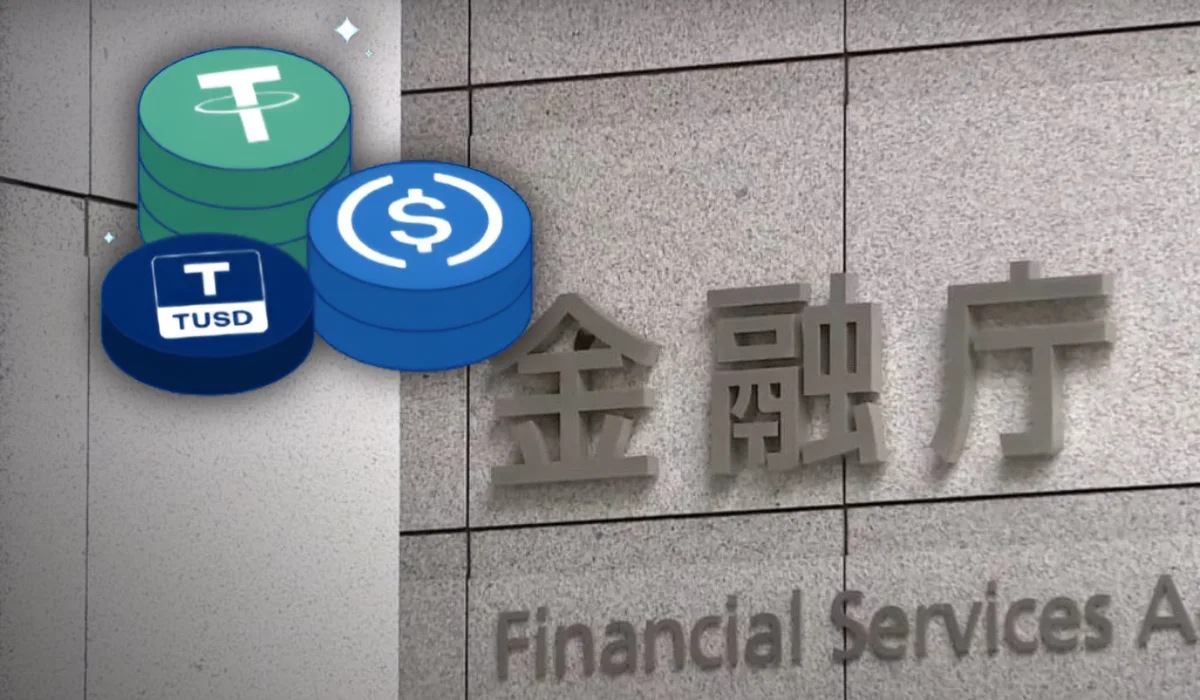The Financial Services Agency, the Japanese government agency that regulates the country’s financial system is all set to implement major redesigns to its regulatory structure for stablecoins and crypto brokerage business. This initiative from the FSA indicates the major shift towards an inclined approach to the digital asset system. The FSA officially released a report on February 19, the agreement for implementing reformation was compiled after seven rounds of discussions that have been active since August 2024.
The FSA has approved the report from the “Working Group on Payment Settlement Systems”

The Financial Services Agency approved a report from the Working Group on Payment Settlement Systems at a meeting of the Financial System Council on February 19. The report primarily aims to enhance and improve the regulatory architecture for cryptocurrencies and stablecoins. After seven rounds of discussions held since August 2024, the agency reached an agreement to approve the reformation of crypto brokerage and stablecoins. The report also aims to review regulations on all electronic payment methods’ remittance and payment services, including stablecoins and cryptocurrencies.
According to the official FSA report, the regulatory authority has approved suggestions from the working group obliged to review crypto-related legislation. The proposal consists of the introduction of a distinct regulatory category for crypto brokerages that are currently required to get a license from the Virtual Asset Service Provider (VASP), just like any other crypto exchange. The group also proposed reforms related to stablecoins. The proposal includes enabling short-term government bonds and fixed-term deposits as collateral apace with fiat.
Additional measures to ensure the safety of users’ assets were also recommended. The safety measure implementation was based on the aftershock of the FTX exchange collapse that occurred in 2022.
The FSA Approval Pave the Path to New Landscape of Crypto Regulations in Japan!
The latest FSA approval does not indicate any gradual shift in the existing rules in Japan, they are taking some big steps to create and maintain a secure environment for crypto users. The discussion and recently approved report are fueled by the dramatic FTX incidents that happened in 2022. According to the report, Japan is about to bring major shifts in the crypto regulations. The Integration of new financial laws, limiting intermediary asset holding, and new stablecoin regulations and rules are the key points proposed in the report.
Japan is on the verge of integrating new financial regulations into the existing laws. According to the latest report, the government will not implement separate rules for crypto regulations, instead, they bring digital assets into the mainstream financial governance by offering a well-defined framework for oversight.
New Brokerage Business!
The most important reformation proposal would be about the restriction of intermediary asset holding. Previously, the firms did not hold users’ assets and acted as an intermediaries in the crypto transactions could be susceptible to the same registration requirements as crypto exchange businesses. To address and solve this issue, a modular proposal has been put forward in the report, the creation of a new category named Intermediary business along with streamlined regulatory instructions and CFT/AML obligations. The authorities have found that the intermediaries don’t directly manage the assets bestowed on them, so they are not obliged to maintain a balanced financial base or verify the transactions.
Expansion of Stablecoin Collateral Asset Management
The newly approved policy enables stablecoins to be supported by short-term government bonds and fixed deposits along with current demand deposits. This new regulation aims to set an upper limit of 50% on the amount of new assets that can be combined, marking a balance between enhanced safety and improved convenience. After the changes in the stablecoin regulation, the issuers can easily manage their funds across various financial products. This is expected to enlarge the issuers’ options in terms of liquidity and profitability. The partial revision of the Trust Business Act and the amendment to the Payment Service Act are the expected changes that could be imposed on legal measures.
Finance Minister Katsunobu Kato stated that he wanted to create an environment in which users could use highly convenient remittance settlement services with peace of mind. The regulatory framework has already been submitted to Finance Minister Katsunobu Kato with plans to advance and modify the legalization process.

